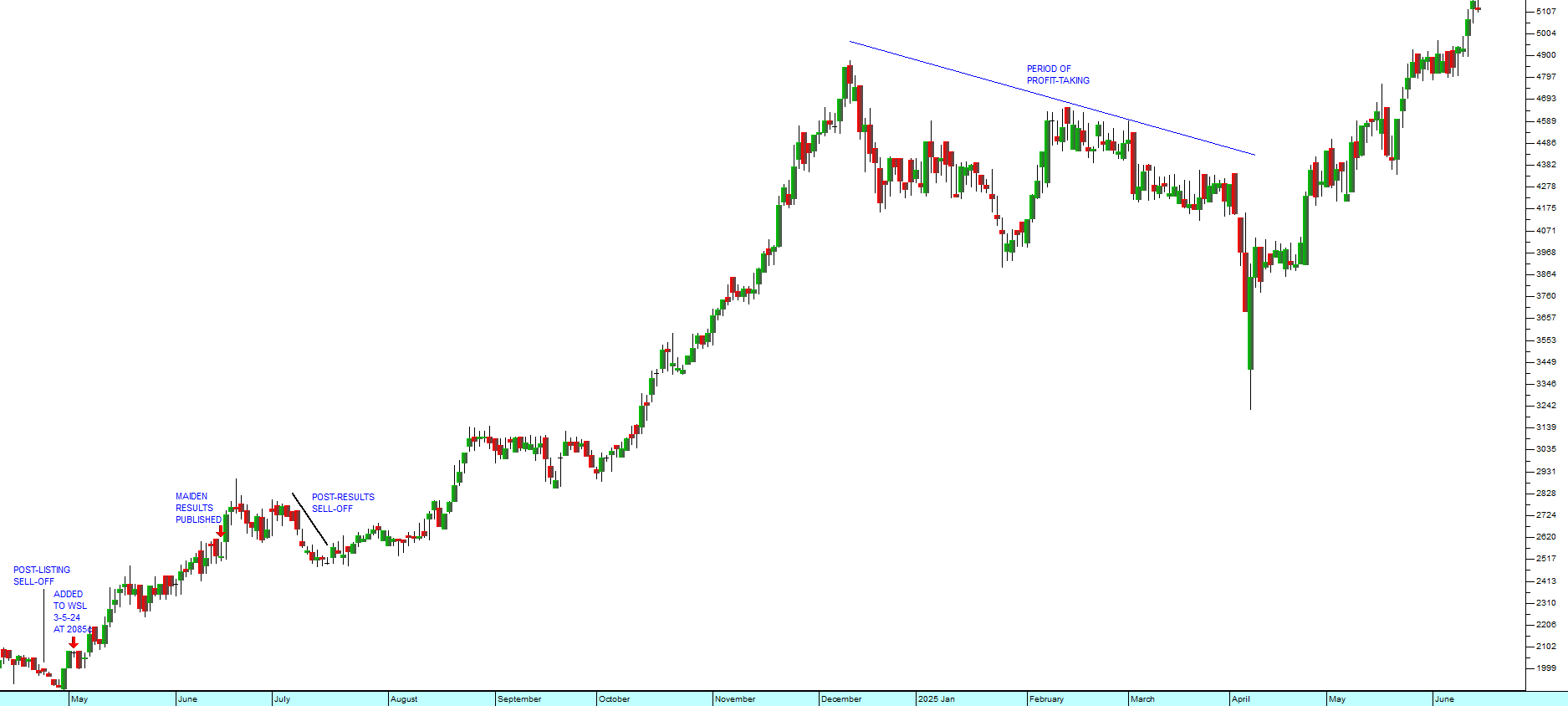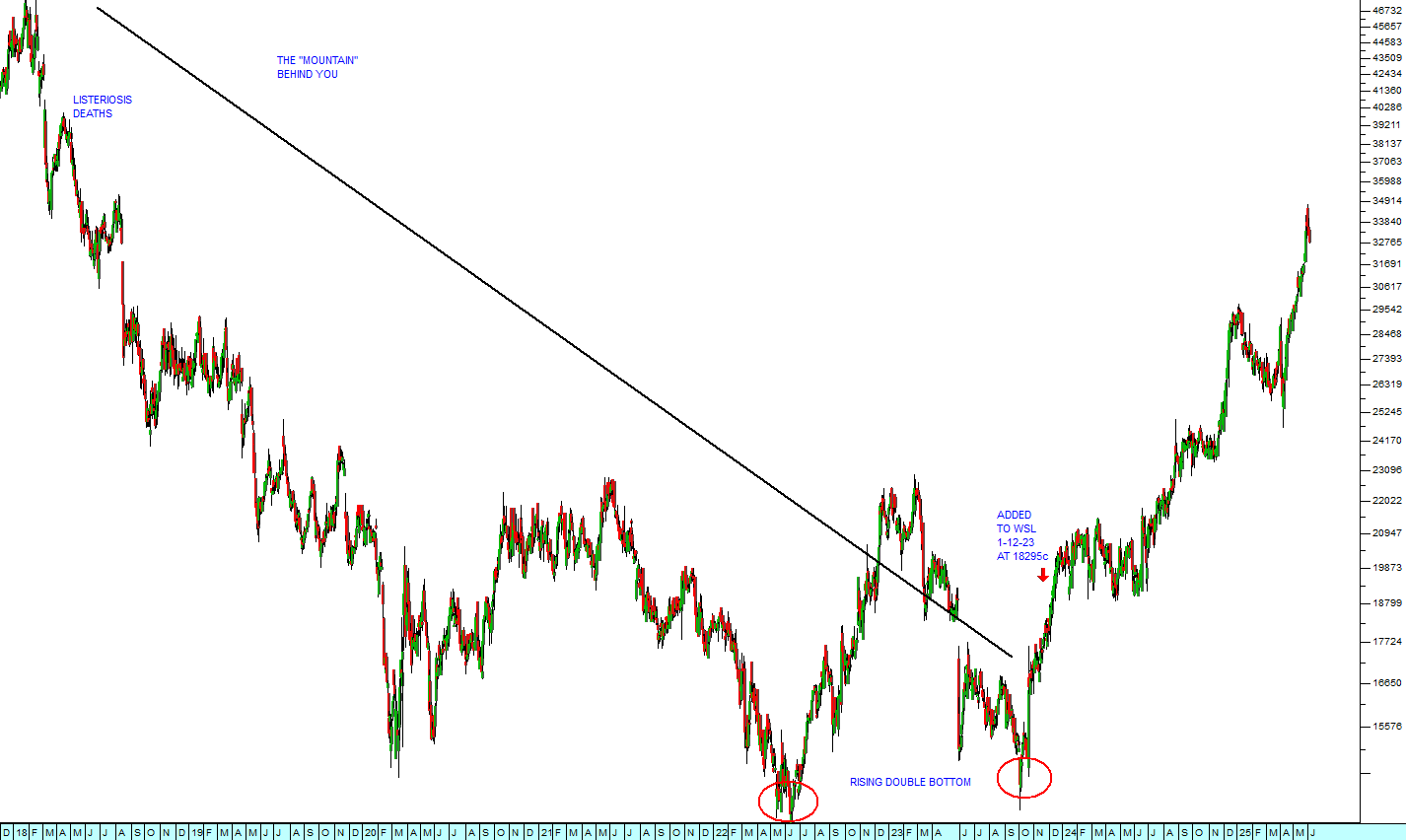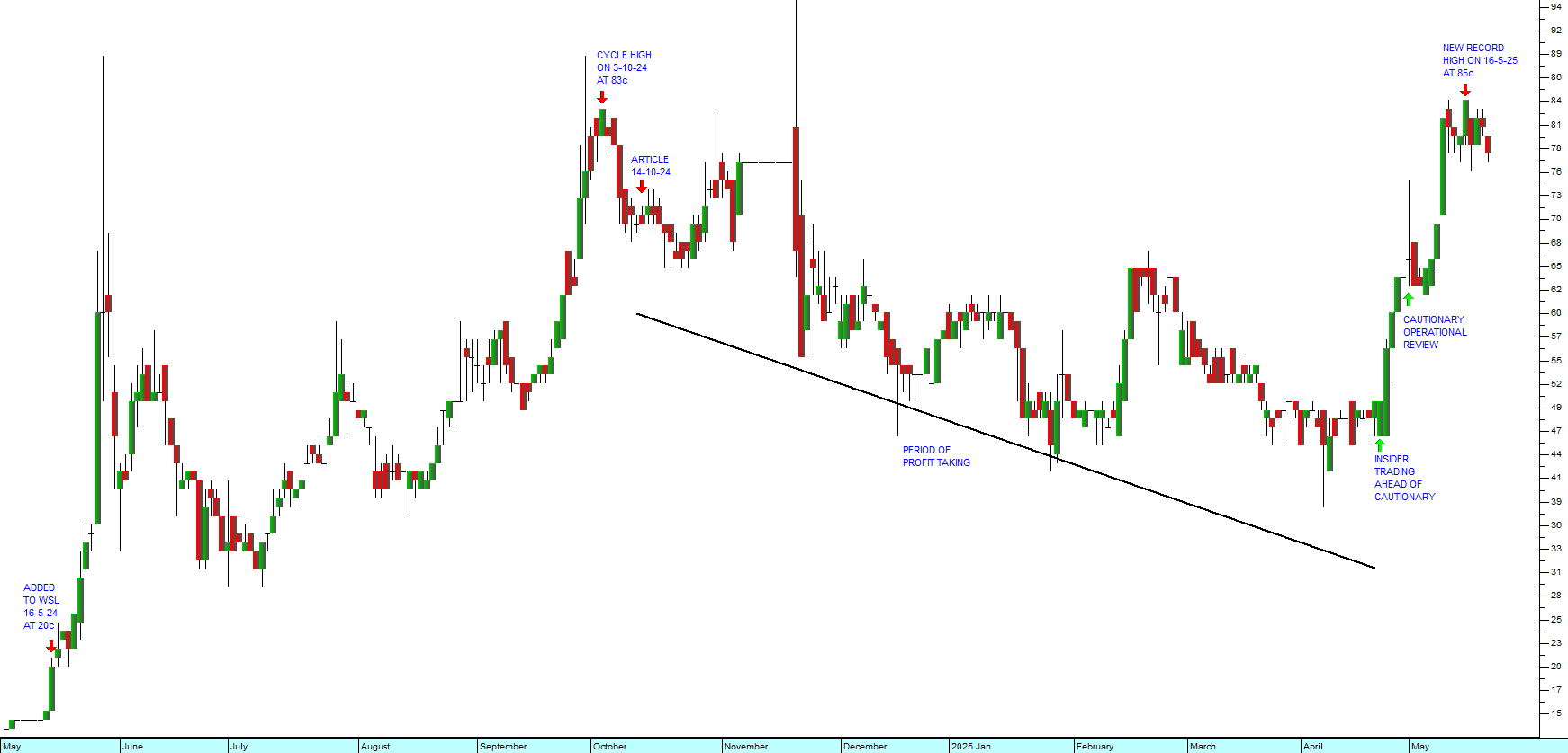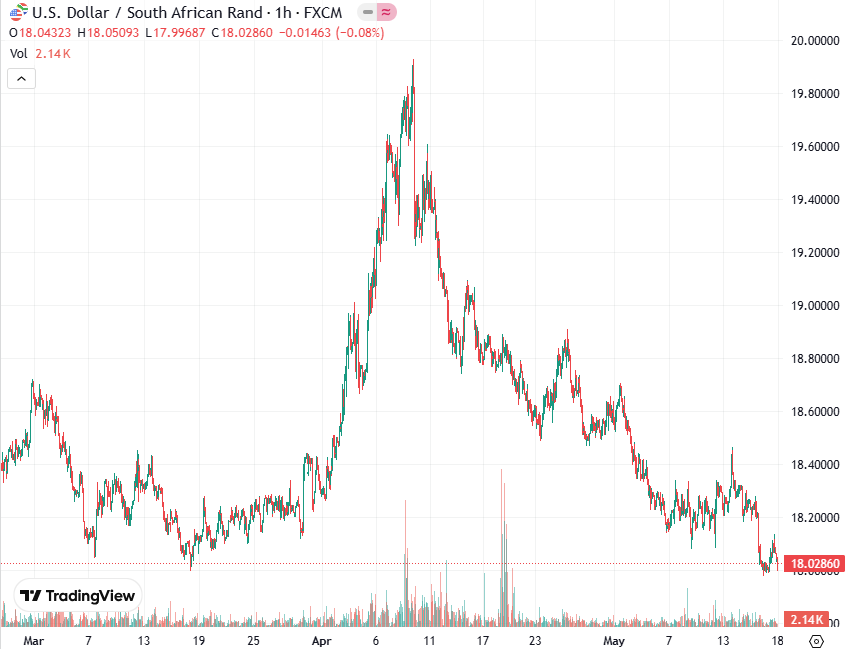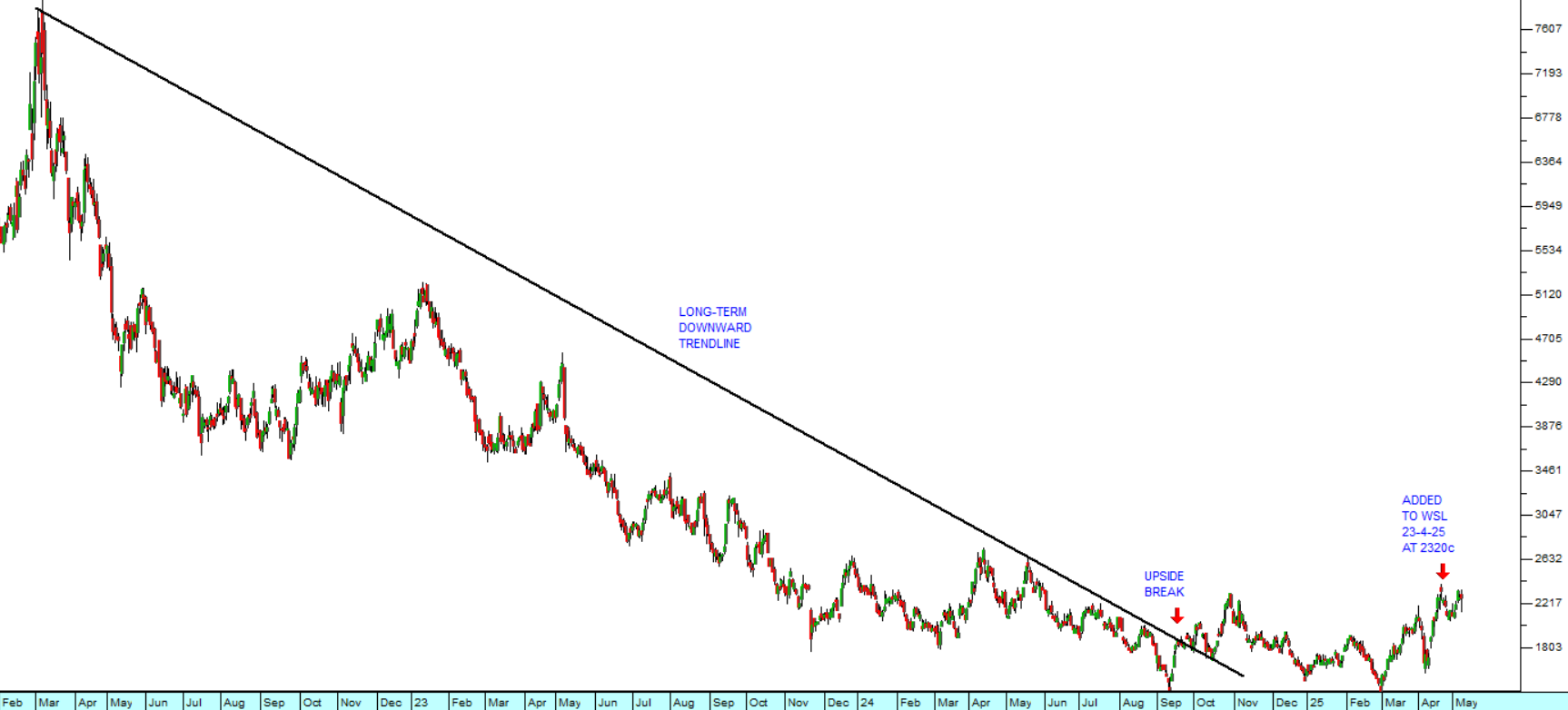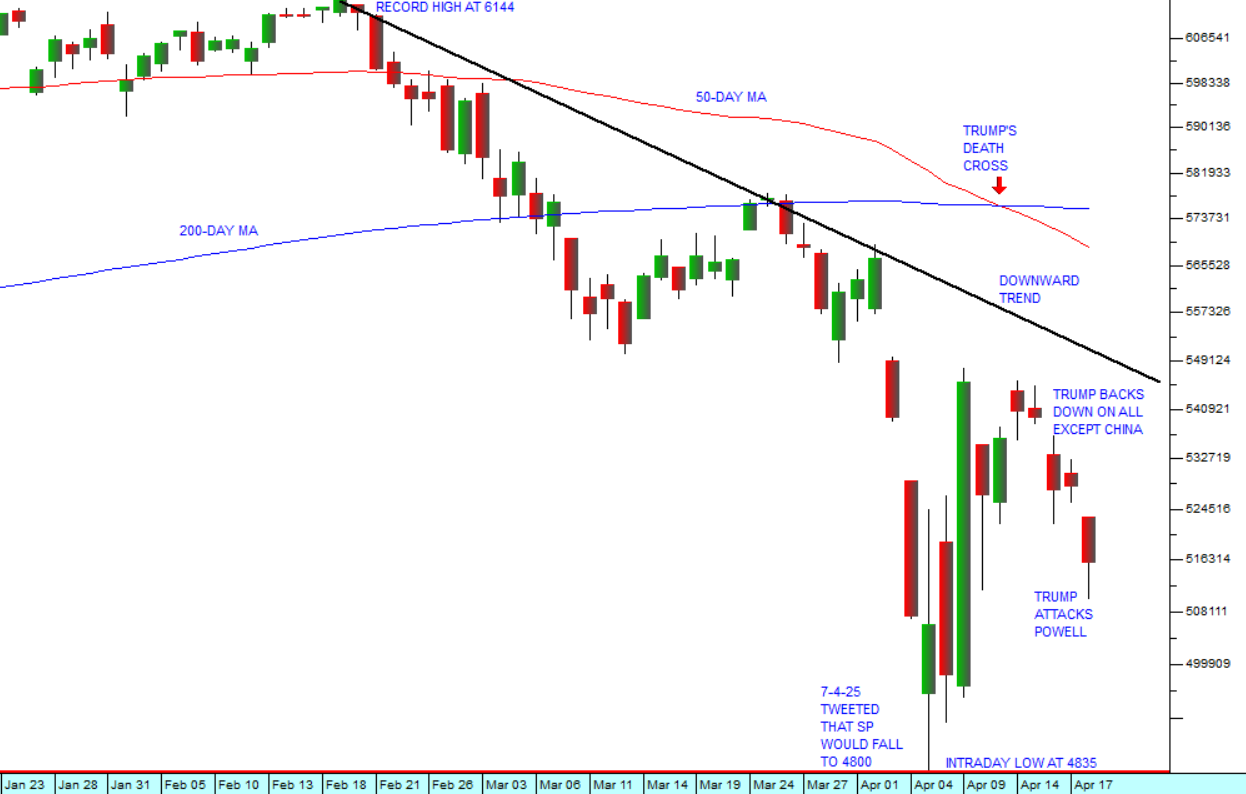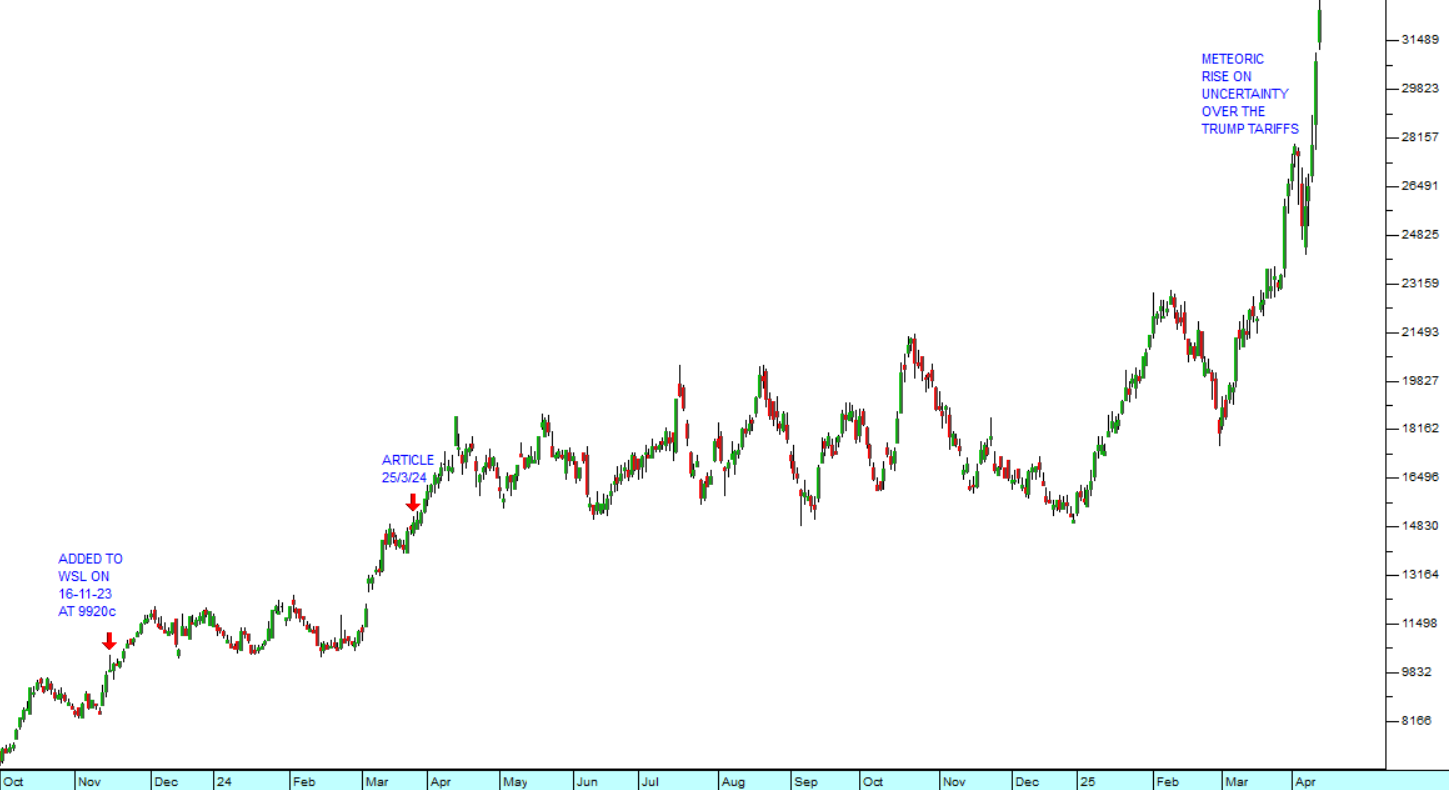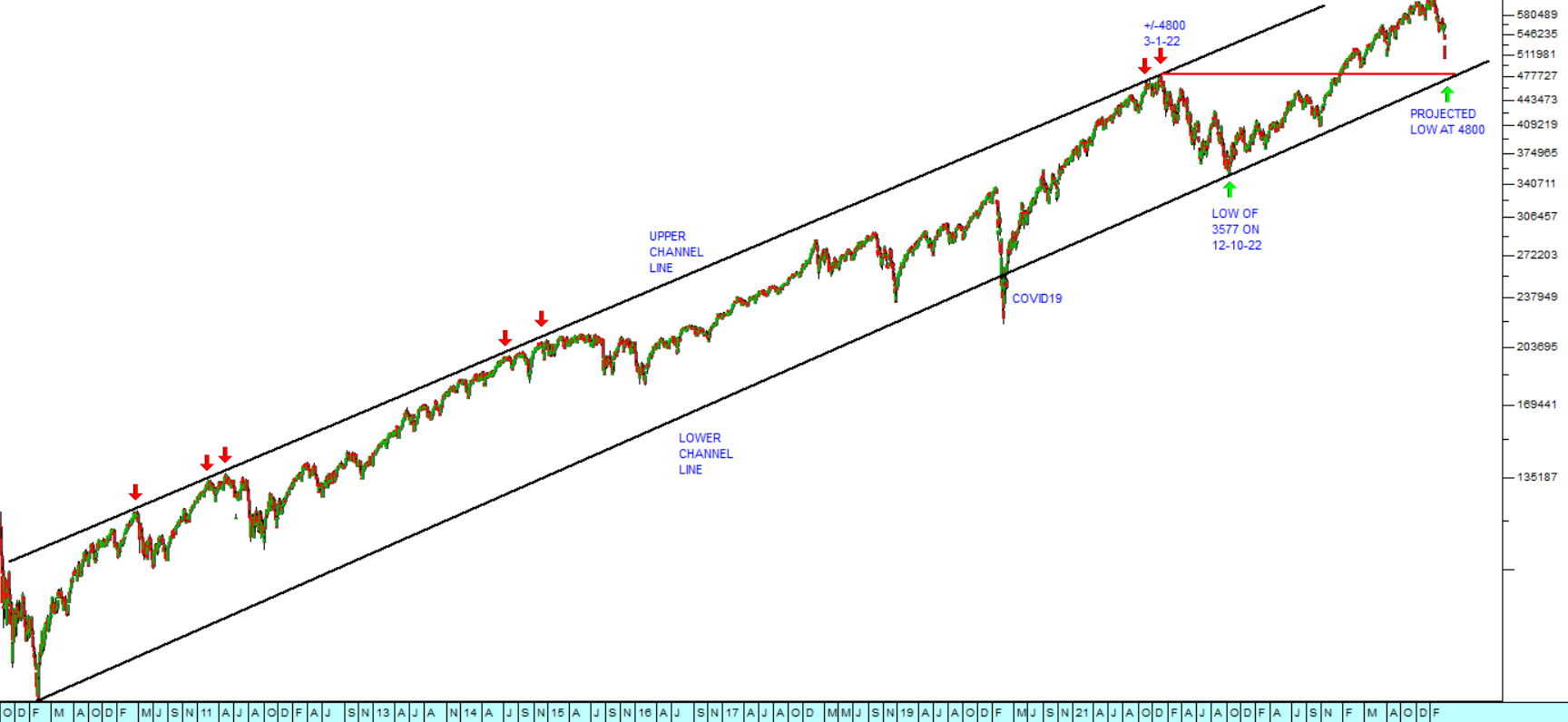Political In-Fighting
5 April 2017 By PDSNETNormally, in a healthy country, politics is not a major factor in the share market, but in the past year, since "Nenegate", it has become a dominant factor in South Africa. The battle between President Zuma and his Finance Minister has been directly reflected in the strength of the rand. Zuma's final decision to oust Gordhan and the subsequent ratings downgrade below investment grade by Standard & Poor's has sent the rand tumbling but perhaps not as badly as might have been expected and certainly not as badly as after Nene was removed.
Clearly, there is much going on behind closed doors. The power struggle does not appear to be over. This time many top members of the ANC have been disaffected by Zuma's move and its immediate impact on the economy. There appears to be some hope that this move might yet prove to be his undoing. Certainly, that has been reflected in the renewed strength of the rand in the afternoon of 4th April. But it is probably too early to tell. Rand hedge shares have benefited although, again, not as much as one might have expected. The vote of no confidence launched by the DA looms and then there is the apparent unhappiness of half of the ANC's National Executive Committee. It is a very difficult situation to read, because economic common sense has been abandoned in favour of an out-and-out power struggle. The rand broke cleanly through the Gordhan trendline, and yet that trend cannot yet be said to have been completely destroyed. Technically, it looks more likely that the strength will resume once the current uncertainty abates. Perhaps the line that we drew was just too steep. Consider the chart: 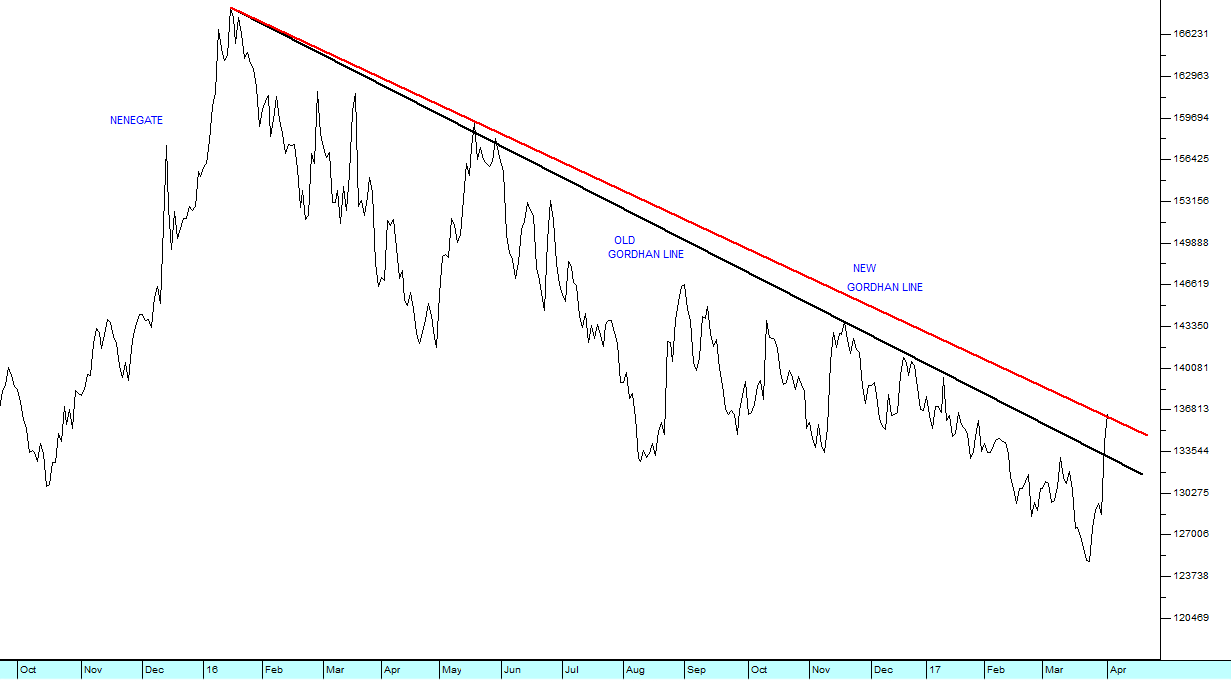
Rand Dollar - Chart By ShareFriend Pro
We should stress that, when the economy and the stock market are being influenced by someone with no knowledge or concern about where things go, it is almost impossible to predict what will happen next. At a time like this it is very important to maintain and act on your stop-loss strategy. However, if the current status quo remains, Gigaba seems likely to adopt a very loose, populist monetary policy which will cause the rand to fall further, but will result in a mini-boom in real assets like shares. So think carefully before abandoning your share market positions.
DISCLAIMER
All information and data contained within the PDSnet Articles is for informational purposes only. PDSnet makes no representations as to the accuracy, completeness, suitability, or validity, of any information, and shall not be liable for any errors, omissions, or any losses, injuries, or damages arising from its display or use. Information in the PDSnet Articles are based on the author’s opinion and experience and should not be considered professional financial investment advice. The ideas and strategies should never be used without first assessing your own personal and financial situation, or without consulting a financial professional. Thoughts and opinions will also change from time to time as more information is accumulated. PDSnet reserves the right to delete any comment or opinion for any reason.
Share this article:

